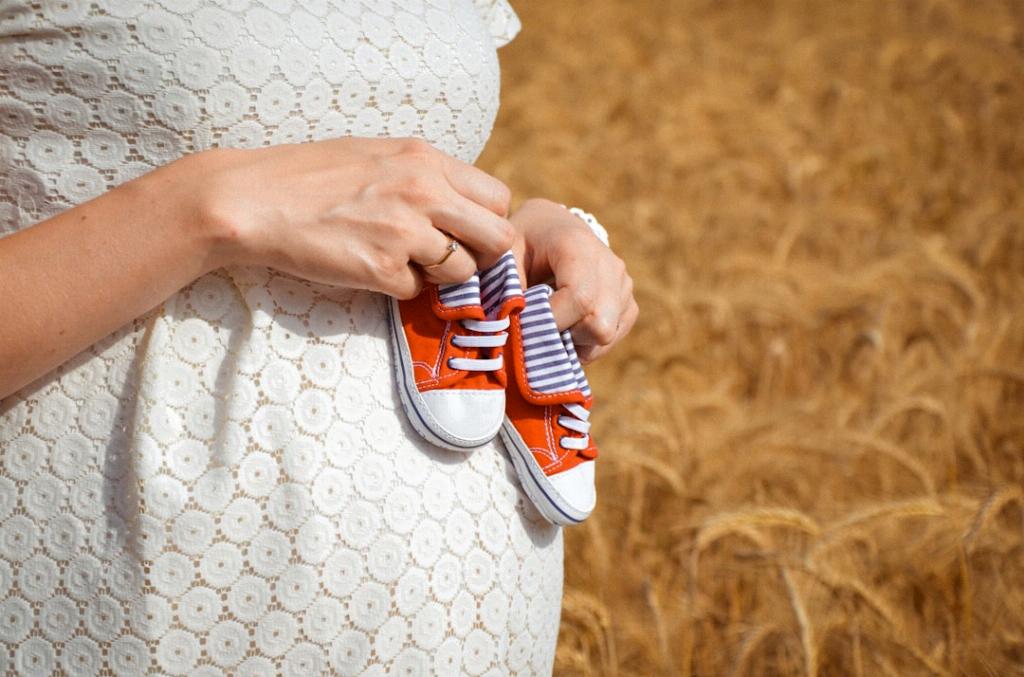When it comes to pregnancy and childbirth, the concept of maternal age plays a significant role in determining potential risks and outcomes. Traditionally, advanced maternal age has been defined as women who are 35 years or older at the estimated date of delivery. This classification is based on certain medical factors, including fertility decline and increased risk of certain health issues for both the mother and the baby.
However, the question arises – is 32 considered advanced maternal age? While the medical definition sets the threshold at 35, it’s important to consider that age is just one of many factors that can influence pregnancy and childbirth. Age alone may not always accurately reflect an individual’s overall health, fertility, or ability to carry a pregnancy to term.
At 32 years old, many women are still in their reproductive prime, with good overall health and fertility levels. This age may not necessarily pose the same risks as someone who is older. Factors such as lifestyle, genetics, and pre-existing medical conditions can all play a role in determining whether 32 should be considered advanced maternal age in a specific case.
It’s also essential to recognize that advances in medical technology and prenatal care have significantly improved outcomes for older mothers in recent years. With proper monitoring and support, many women in their early thirties can have healthy pregnancies and deliver healthy babies, even if they are technically classified as ‘advanced maternal age’.
On the other hand, it’s crucial to acknowledge that age-related risks do increase as women get older. Fertility declines, and the likelihood of chromosomal abnormalities such as Down syndrome also rises with advancing age. These factors are typically more pronounced after the age of 35, which is why this age has been set as the traditional threshold for advanced maternal age.
Despite these considerations, every pregnancy is unique, and individual circumstances must be taken into account when assessing maternal age and associated risks. A 32-year-old woman who is in good health, maintains a healthy lifestyle, and receives proper prenatal care may have a lower risk profile than an older woman with underlying health issues.
Ultimately, the classification of maternal age is a guideline rather than a rigid rule. It serves as a tool for healthcare providers to assess potential risks and tailor care plans accordingly. Women who are 32 and considering pregnancy should consult with their healthcare provider to discuss their individual circumstances and develop a comprehensive plan for prenatal care.
In conclusion, while 32 may not meet the traditional medical criteria for advanced maternal age, it’s essential to approach each pregnancy with a personalized perspective. Age is just one piece of the puzzle, and a holistic assessment of overall health and risk factors is crucial in ensuring a safe and healthy pregnancy for both mother and baby.

